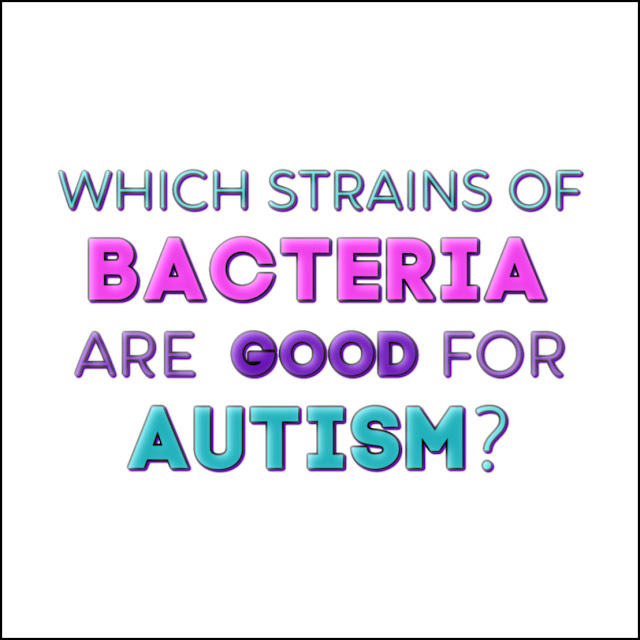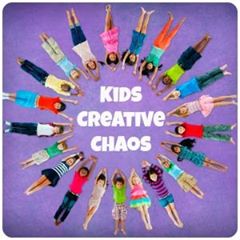Special Needs Children Need to Participate in Extra Curricular Activities too!
A recent report suggests that pediatricians should encourage more children with disabilities to take part in physical activities. It is common for both doctors and parents to be cautious about allowing children with physical impairments to join after school clubs or participate in sports and team games. Children with disabilities and special needs aren't always given the opportunity or encouraged to participate and enjoy the benefits of extra curricular activities.
However, a number of studies show that increased physical activity in children with disabilities can significantly improve general health as well as help to develop mobility, balance, and coordination. At the same time, involvement in team sports and other organized recreational activities offer great opportunities to build social skills, make new friends and boost self-confidence. With the right support, children with physical or learning disabilities are able to enjoy a range of recreational activities, from fun party games at a sleepover to residential camps during the summer.
 |
| Photo by Danny Nee on Unsplash. |
Taking Part in Accessible Activities
Although it may sometimes be more challenging, many children with disabilities are able to safely take part in physical activities. With more accessible facilities, specialized equipment and personal recommendations, children with a range of different needs and abilities can find an activity that they enjoy. In addition, increased levels of exercise can help them to maintain a healthy weight and improve their cardiovascular fitness.
While children with spastic cerebral palsy may experience difficulties with balance and movement, they can still enjoy activities such as horse riding or swimming that can allow them to experience greater mobility and independence. Even less physical activities such as drawing or photography are still very useful for refining motor skills and are also calmer activities for children with sensory issues.
Joining After-School Programs
While parents are often more focused on academic achievement or medical therapies, after-school programs for children with special needs offer a great opportunity to try out a range of different activities. Each child has different abilities and requirements so it is important to find a hobby or sport that suits that builds on their strengths and allows them to develop and grow. As well as having the chance to master a new skill, being part of a club allows children to make new friends and learn essential life skills.
Attending Inclusive Summer Camps
Summer camps are also a great place to develop life skills such as team working, resilience and decision-making. As well as being able to choose a specialist camp designed to support particular conditions such as autism or cerebral palsy, children with additional needs can also take their pick from any camp in the country. The Americans with Disabilities Act ensures that all camps are inclusive to children with disabilities. This means that accommodations such as wheelchair-accessible ramps or additional therapeutic programs, are made to allow children of all abilities to access a range of activities suited to their particular interests and needs.
With the provision of accessible after school programs and summer camps, children with disabilities and additional special needs can enjoy the physical and social benefits of extracurricular activities.
Recommended:
Summer Camp Activities from Kids Creative Chaos
Special Needs Articles from Kids Creative Chaos


















